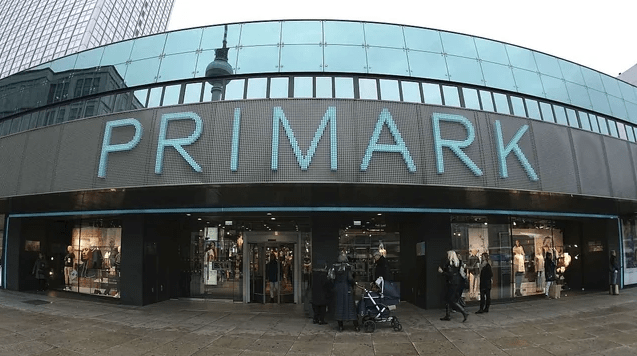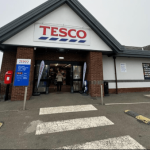Retail giant sees strong international momentum even as home markets face pressure
Primark, the high street fashion retailer known as Penneys in Ireland, is pressing ahead with its global expansion, even as it grapples with weakening sales in its domestic markets.
Associated British Foods (ABF), the company behind the fashion chain, has announced a 10% fall in adjusted operating profit, coming in at £835 million for the six months to March. Total group revenue slid to £9.5 billion over the same period.
While Primark is gaining solid ground through its global expansion efforts in the US and continental Europe, sales in the UK and Ireland have slipped by 4%. The dip comes amid what the company describes as “continued consumer caution.”
“Primark delivered good growth in Europe and the US with continued consumer caution in the U.K.,” said George Weston, Chairman of ABF. “Our low-cost operating model is working well, and our focus remains on executing our growth initiatives in product, brand, digital and new markets.”
Despite challenges in the UK retail landscape, ABF expects overall sales to rise in the “low single digits” for the year, with its global expansion strategy — including new store openings in overseas markets — expected to deliver a 4–5% increase in revenue.
Primark’s model of delivering affordable fashion at scale continues to appeal in new regions. Its push into overseas markets is helping offset pressures from inflation, shifting consumer behaviour, and rising operational costs at home.
With new stores opening across Europe and North America, the brand’s global expansion remains at the heart of its growth strategy.
The story began in 1969 when retailer Arthur Ryan opened the first Penneys on Mary Street, Dublin. Trademark issues led to the adoption of the Primark name in 1973 when entering the UK. Despite its international reach, the company’s global HQ remains in Dublin.
Driving much of the business’s trajectory has been the Weston family. Galen Weston Sr., who spent part of his youth in Ireland, backed Ryan’s early vision and laid the foundation for the group’s retail strategy.
The Westons’ operations began with grocery stores in the 1960s, expanding across the island of Ireland and later branching into fashion retail. Their retail empire grew to include chains like Quinnsworth and the luxury department store Brown Thomas.
In 1983, a plot to kidnap Galen Weston was thwarted by Gardaí in a dramatic shootout at the family’s Wicklow estate. At the time, Weston was in Windsor playing polo with his friend, the then Prince Charles.
The Ryan family also suffered a devastating tragedy in 2015, when Barry Ryan, son of Arthur Ryan, drowned alongside his son Barry Davis Ryan and the latter’s girlfriend in a freak accident in West Cork.
Primark’s ability to grow abroad while facing challenges at home reflects a careful balancing act in today’s complex retail environment. The brand’s global expansion is helping to buffer it against a soft UK and Irish market, proving that its low-cost, high-turnover model still holds international appeal.
As it continues to invest in international growth and unlock new overseas markets, Primark remains a key player in the evolving world of UK retail.
With its eyes set on continued global reach, Primark’s journey is still unfolding — one store at a time.






